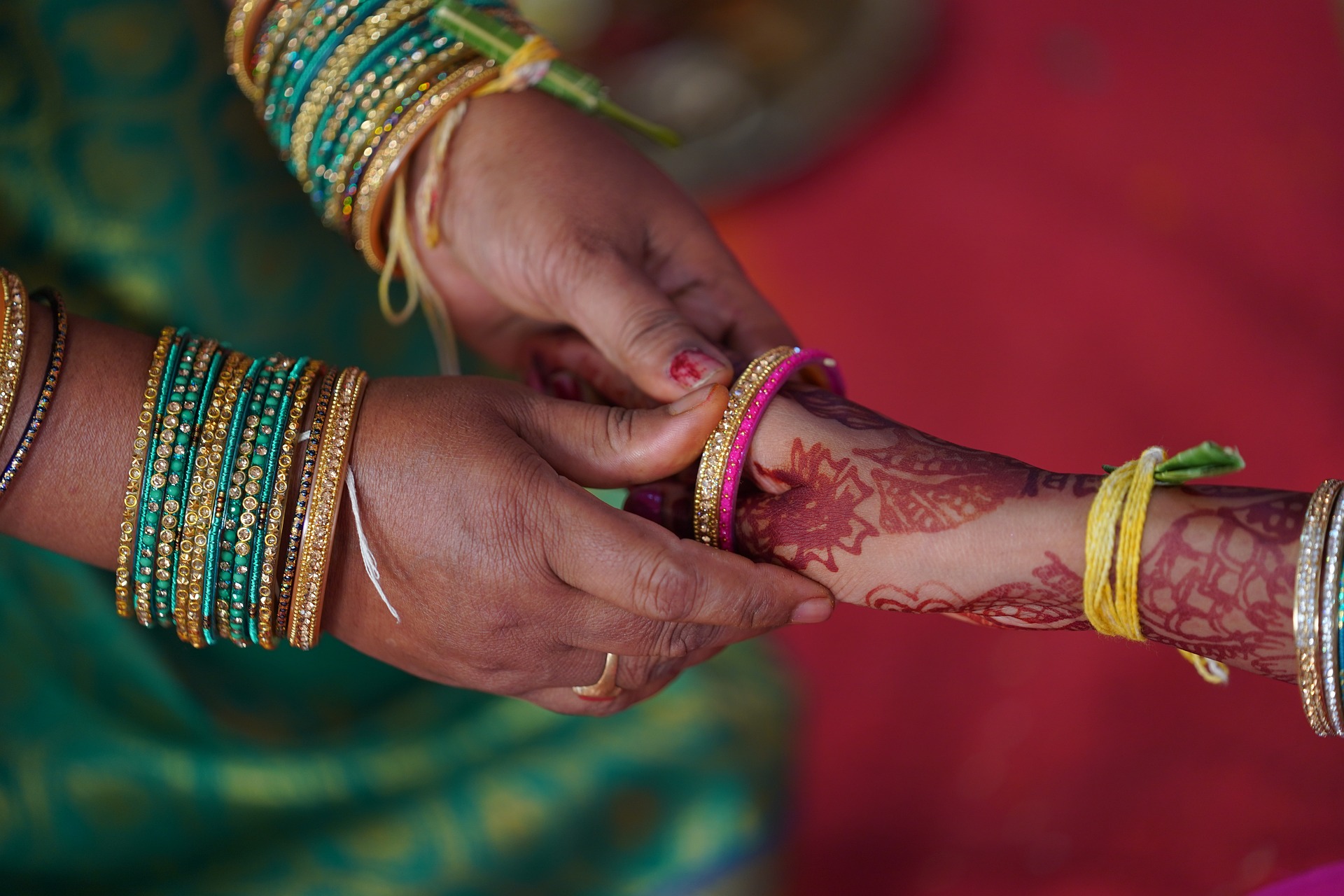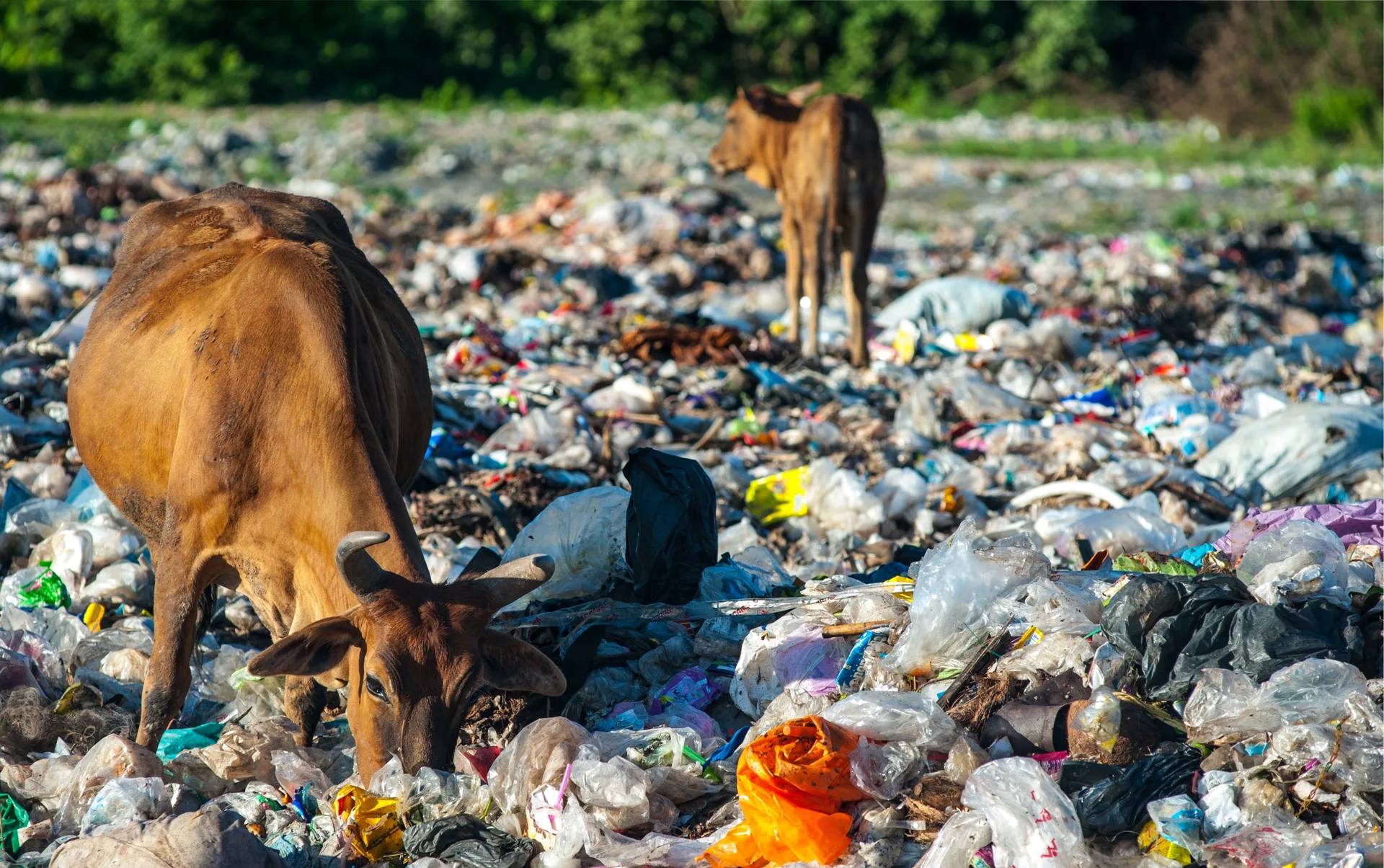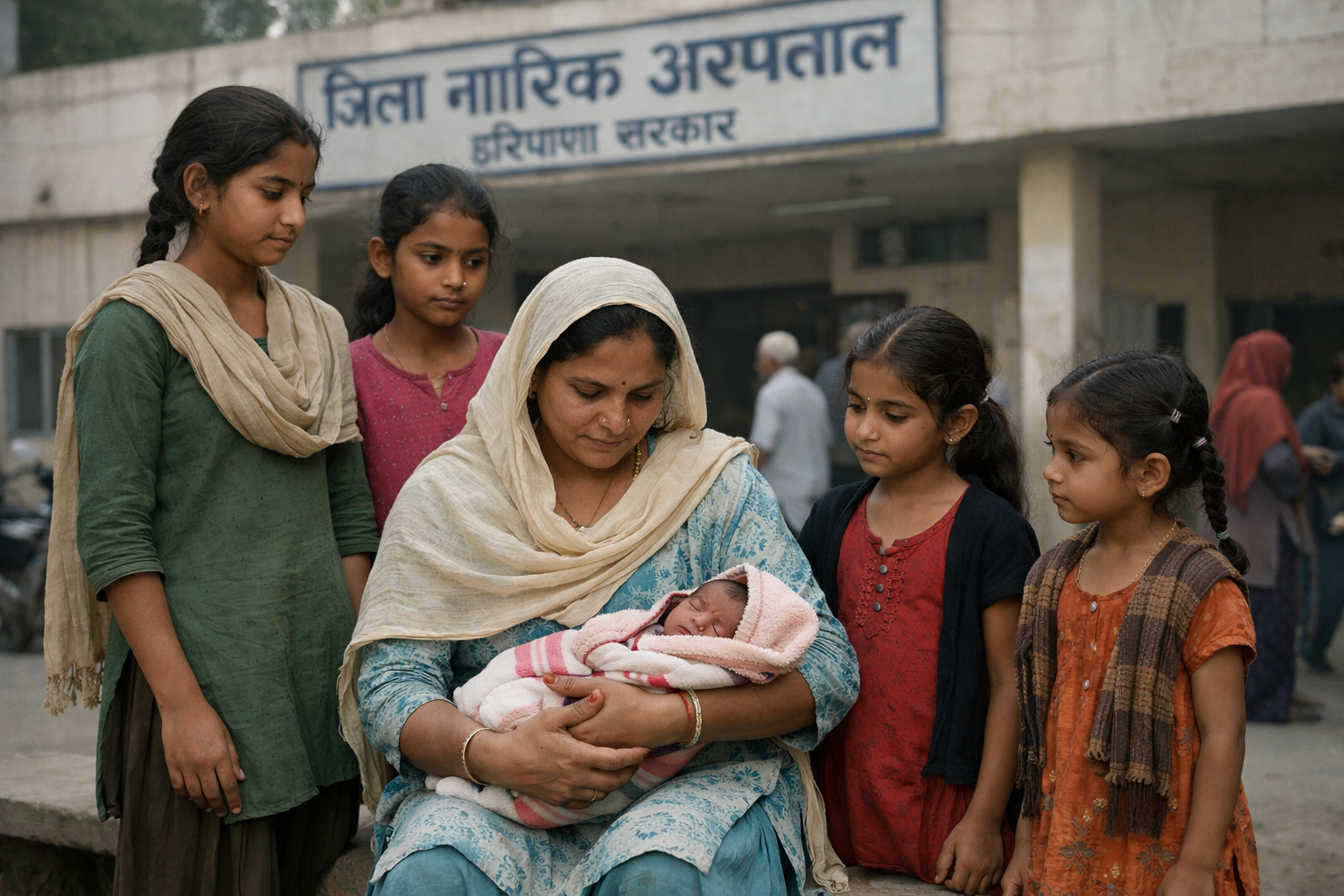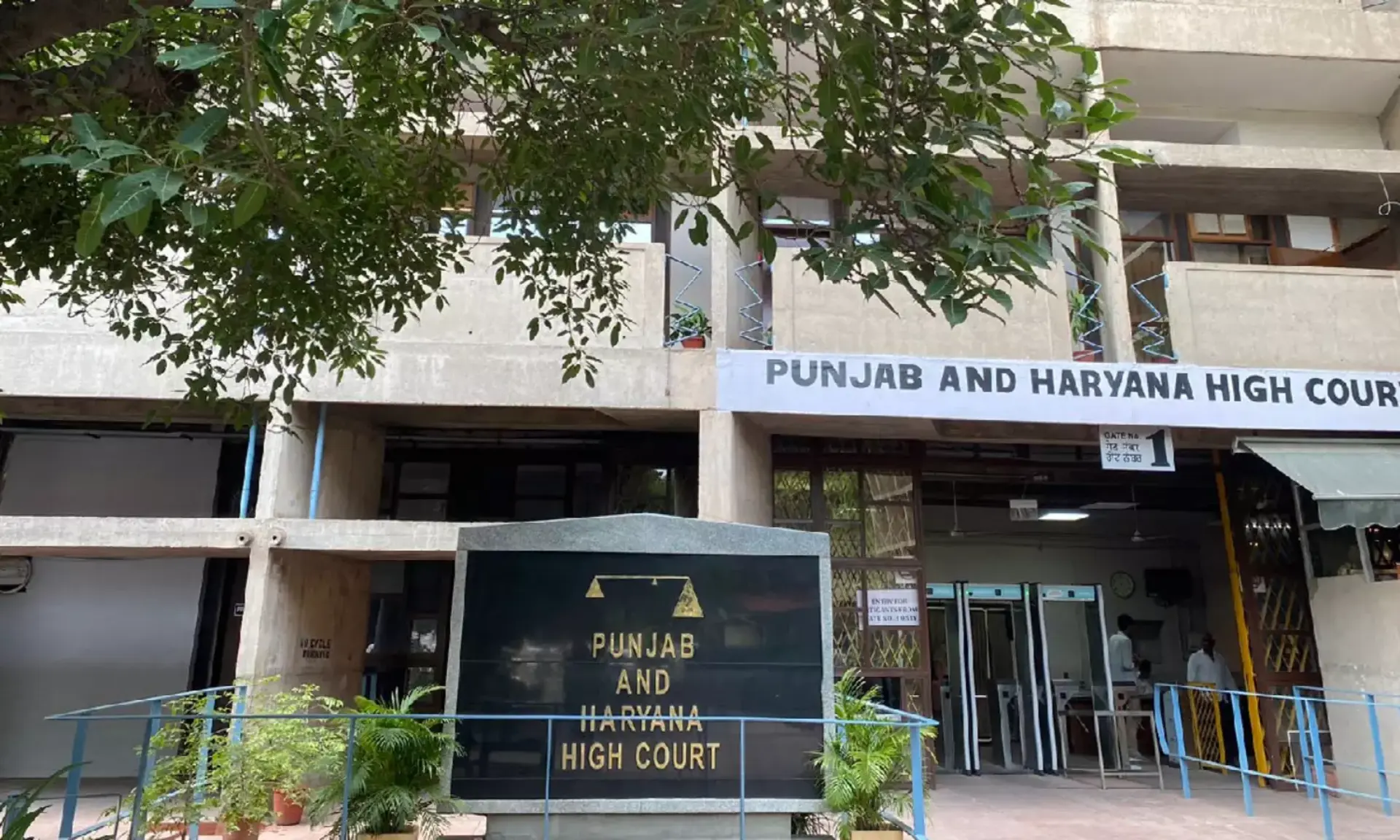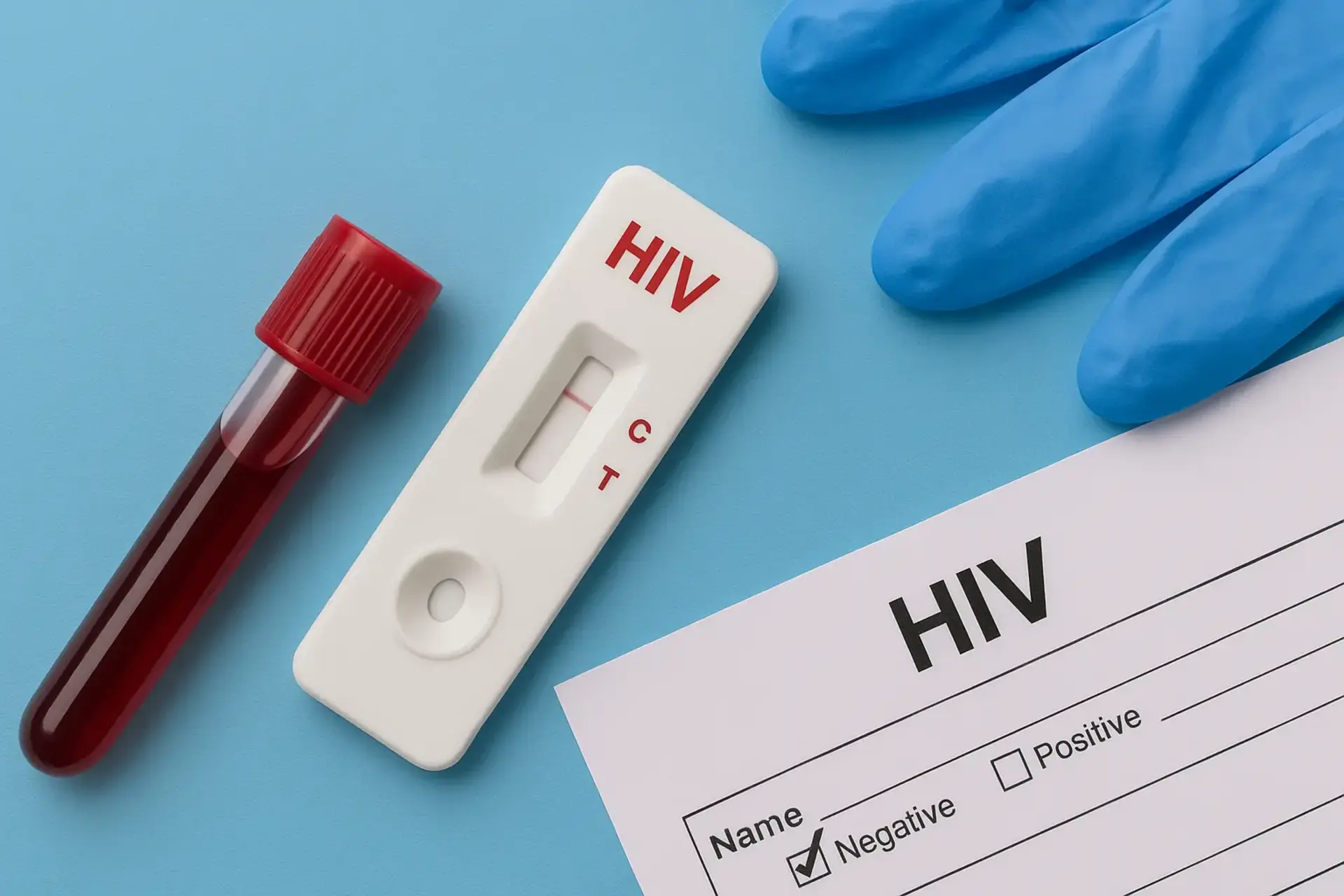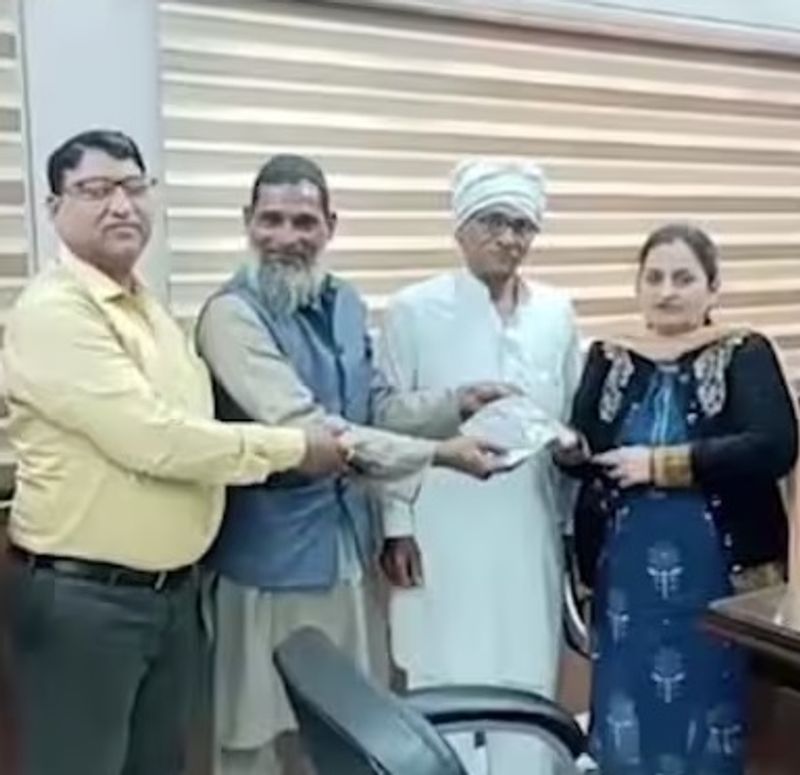
In a significant gathering, leaders from approximately 300 khap panchayats met in Jind, Haryana, on Sunday to voice their concerns over what they perceive as threats to traditional family values and social structures. The 'mahapanchayat' saw participation from khap representatives from five states: Haryana, Uttar Pradesh, Rajasthan, Gujarat, and Madhya Pradesh.
The primary focus of the meeting was to demand a ban on live-in relationships and same-sex marriages. Raghubir Nain, the chief of Benain Khap, expressed strong opposition to these practices, going so far as to say, "Live-in relationships should be banned. Same-sex marriages should be banned as even the animals avoid this."
Interestingly, the khaps clarified that they are not entirely against love marriages. However, they emphasized that parental consent is crucial in such unions. Nain stated, "The khaps are not against love marriage, but the parents' consent is a must because no parent wants to harm his or her children."
The khaps also reiterated their long-standing opposition to marriages within the same gotra (clan), arguing that such unions have "wrecked the social fabric" and can lead to genetic problems.
Female khap leader Santosh Dahia echoed these sentiments, particularly emphasizing the perceived negative impact of live-in relationships on women and families. She argued that the legalization of live-in relationships has led to the "breaking of family systems" and has "badly affected society, children, and our culture."
The khap leaders announced their intention to meet with Prime Minister Narendra Modi and Opposition Leader Rahul Gandhi to press for amendments to existing laws. They warned of launching large-scale protests if their demands are not met. To further their cause, a 51-member committee is being formed.
This gathering and its demands highlight the ongoing tension between traditional social norms and evolving societal practices in India. While the Supreme Court has previously ruled that live-in relationships and same-sex relationships are legal, these traditional councils continue to view them as threats to the social order.
The khaps' stance has raised concerns among human rights activists and progressive groups, who argue that such demands infringe on individual freedoms and rights guaranteed by the Indian Constitution.
As this debate continues, it remains to be seen how the government and political leaders will respond to these demands from influential traditional bodies, especially given the potential social and political implications in rural areas where khaps hold significant sway.



